
Article
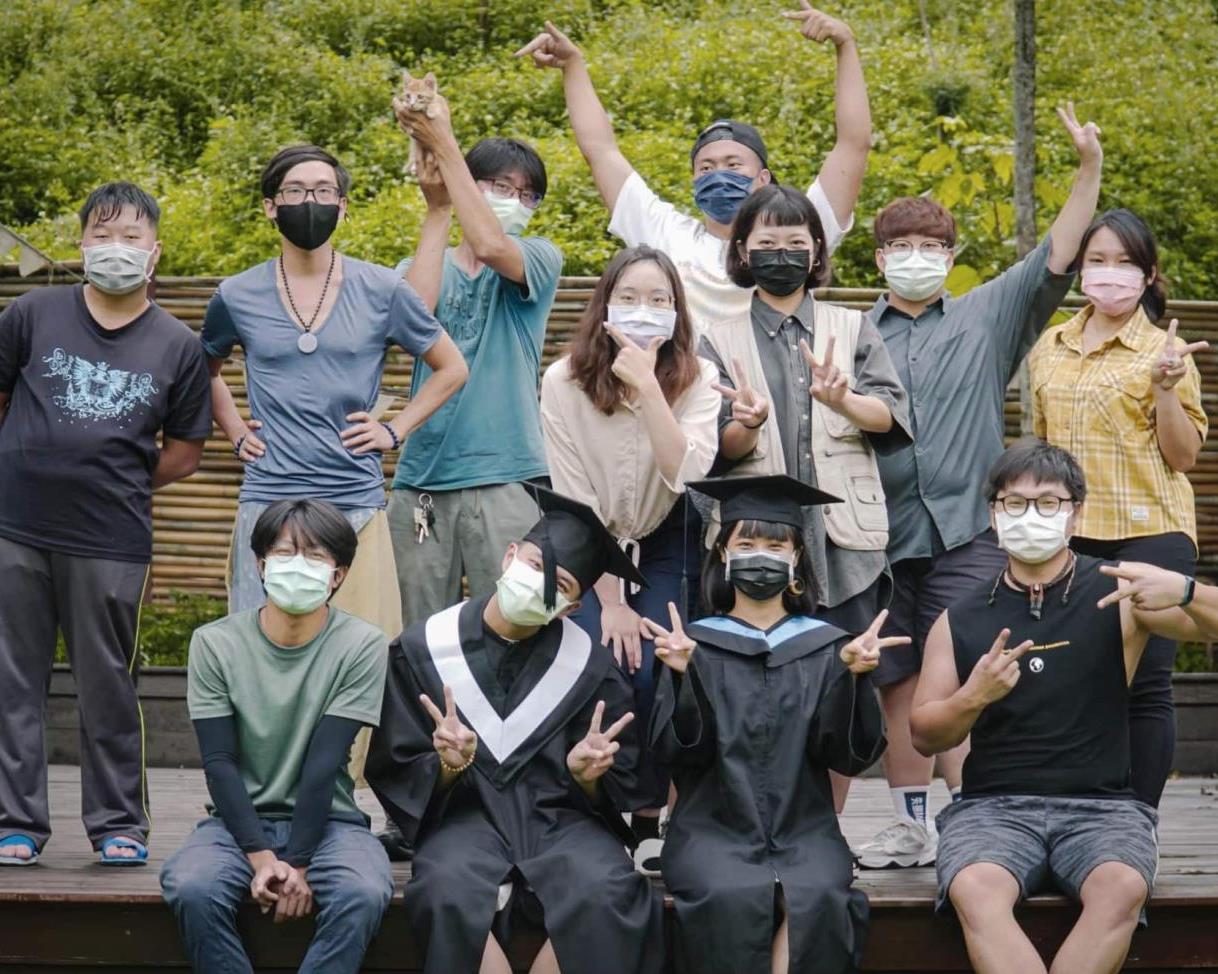
Twelve Liao Time Village, A Community Linkage Experiment "Timelinker Time Bank"
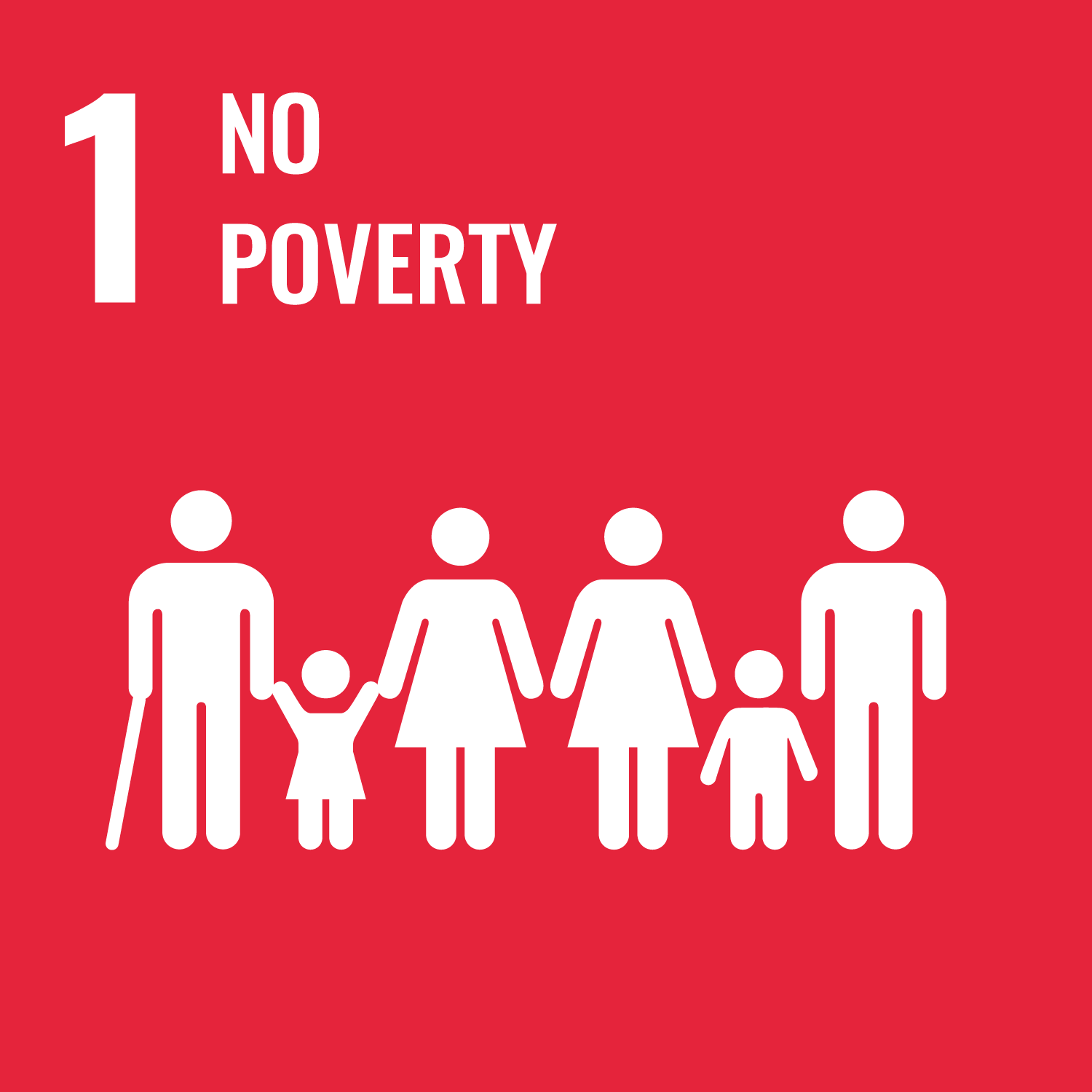
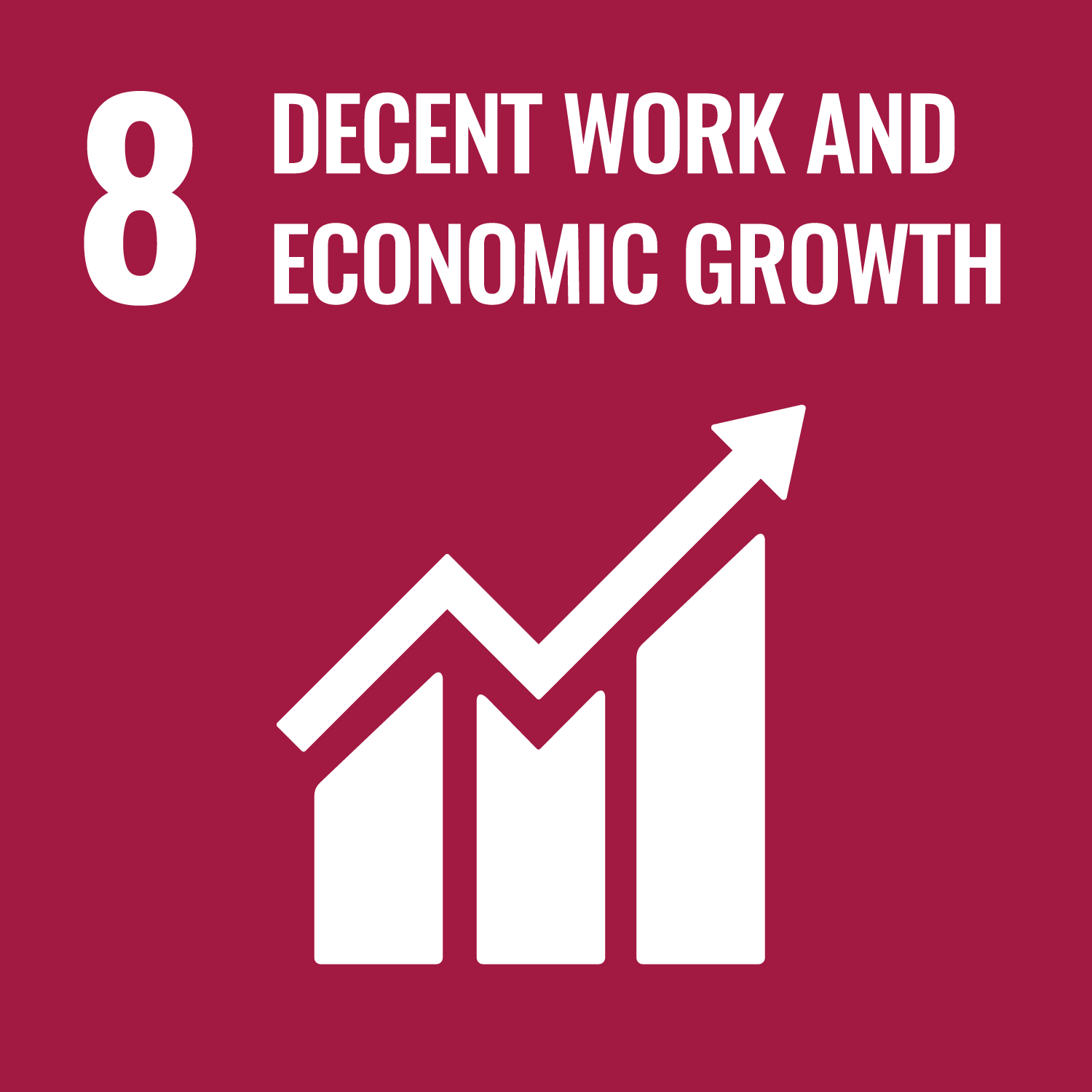
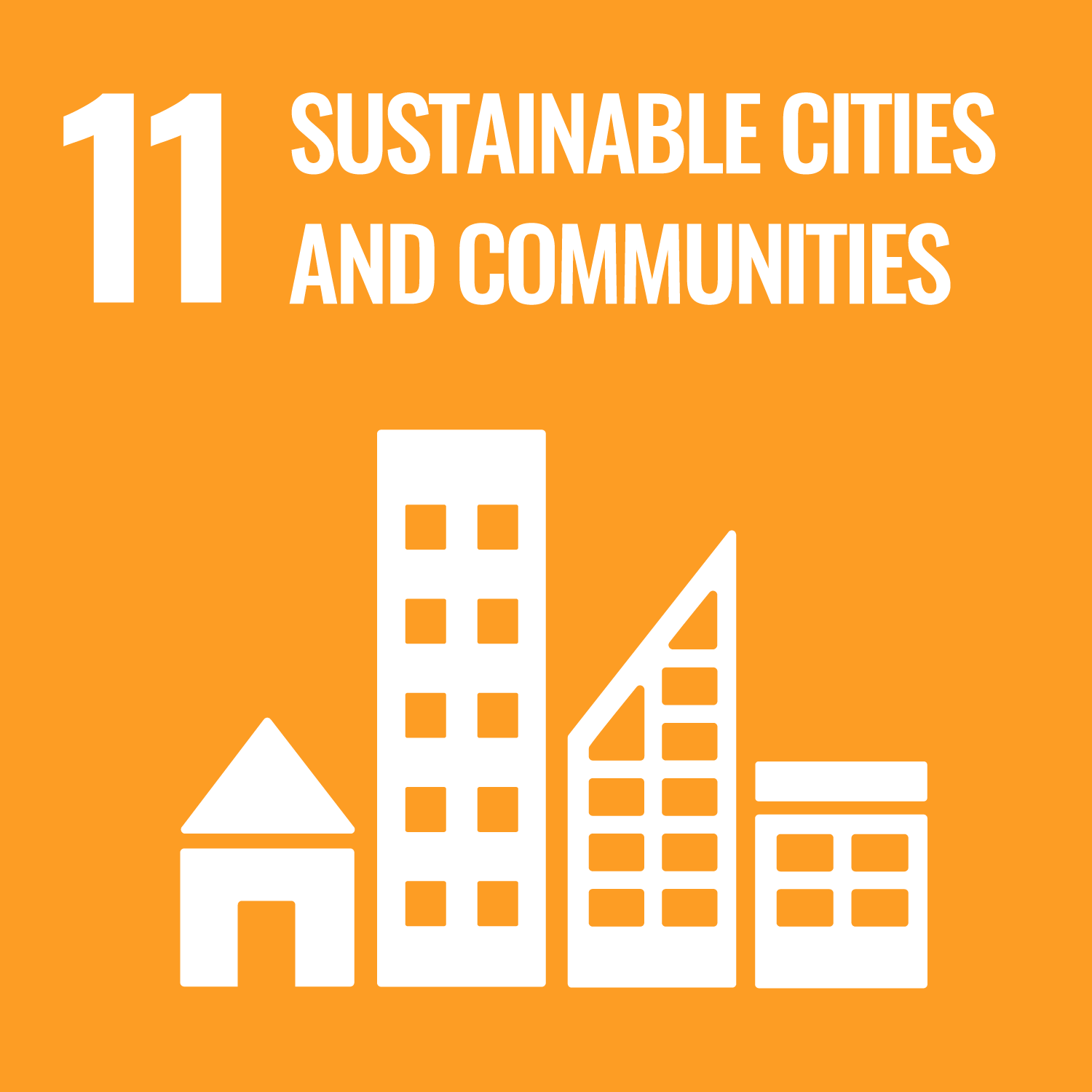
"Guo, guo, guo! Guo, guo, guo, guo, guo! " Sitting in the Twelve Liao Time Village, surrounded by a pond and a forest, you can hear nothing but the chirping of Taiwan Barbet.
Located in the south of Emei Township, Hsinchu County Cultural and Creative Arts Tourism Development Association use "Twelve Lioa Time Village" as its brand. The area has lacks, ponds, and reservoirs as the irrigation and water storage facilities. With the addition of hiking trails, recreational orchards, firefly protection areas, and other recreational facilities around, it is a leisure destination for residents of Hsinchu and Miaoli during the weekend and holidays.
About twenty years ago, Twelve Leisure Farm was the third and most popular leisure farm in Taiwan for a moment. However, with the launch of theme parts like Window on World in Taoyuan and Leofoo Village in Hsinchu, Twelve Leisure Farm gradually lost its competitiveness without any transformation and then shrank the industry. Following the results were population aging and the movement of young people, which made the place fall silent for 20 years.
In 2010, the father of the Executive Secretary, Mr. Xu, Jian-zhi, bought a land of 3 hectares for his retired country life. He recalled, "Twelve Liao was a deserted area at that moment, and the industry was in the lowest ebb. The area was completely deserted; even no one fixed the broke-down streetlight." Mr. Xu's father noticed the business of the smallholders nearby was poor and unappreciated. So even though Mr. Xu was studying in Australia at the time, his father would eagerly ask him, "Do you have any ideas for vital local businesses here?"
Keep Trying, Every Failure Is Close to Success
Studying advertising strategy and visual communication in Australia, Mr. Xu Jian-zhi also took on some activities or event jobs after school, so he took over the project of testing the market. Thinking of himself as a hippie, he edited a proposal for a hippie village in 2011 and didn't expect his father would let him realize the hippie plan and invite an artist for the hippie paintings. "The project didn't come true in the end, but I learned something from it because the project wasn't connected to the local community!" Therefore, he went back to Australia to continue his studies.
He went back to Taiwan in his second year and met the same question. "There was one day I set in front of the pond and saw butterflies fling and noticed they were so beautiful." So, Mr. Xu sought the advice of a butterfly expert from Daping Elementary School, who is well known for eco-education, and asked the expert to help them understand the organisms and nectar plants (the plants that provide nectar to bees and butterflies) nearby. In addition, Twelve Liao is a valley where many butterfly samples were found in the early days, making it a perfect place to develop into a butterfly eco-village. "The village has been linked up with the nerby smallholders' butterfly turnip cakes and butterfly-pulled coffee, etc.," he says. However, they realized that most of the nectar plants are annual herbs, which means that they must reseed every year. And butterfly restoration requires a long period of time, which is too expensive for them to afford. "But we learned to understand the nectar plants and counted the ecology organisms of Twelve Liao, investigate the local humanities and scenery, and build up local knowledge to continue the local characteristics of Taiwan's culture." Mr. Xu says it indomitably.
In his third year, Mr. Xu has a new idea: "Here is a recreational farm. When people travel, they must do a free activity: photoshoots." So, he set up a website where visitors can upload their own photos, which they print in frames and hide around the village for people to find. They also have a spare space filled with more than 3,000 photos from the 3 hectares of land. "Don't you think it's cool? It's super cool!" he asks and answers himself.
In 2015, Mr. Xu Jian-zhi returned to Taiwan after completing his studies abroad and devoted himself to creative activities. They planned and organized a Hakka Carnival on their own. "The carnival counted as a success. The main purpose of it is to let the public sector notice us; at least when the street lights break down, there will be someone to fix them," he says flatly. Despite their humble expectations, their goals are ambitious. "I think everything you did before, even if it doesn't work out in the end, will turn into some form of nutrient," he says.
Base on People-Oriented Value Exchange to Create A "Shared Life Circle"
The Association was established in the same year. Mr. Xu brought the overseas concept of the "Gift Economy", where "giving is a gift," to Twelve Liao and started an experiment of "sharing a living circle" with the residents and shopkeepers. From the production side of the "Howkers Bar" and "Makers Space", to the integrated publicity of "Dream King Lending Station" and the consumption side of the "Gu-Yue Sunlight", "Free Store Sharing Kitchen", and even the experiential activities around, all the activities can be exchanged through their "Timelinker Time Bank" app.
He further explains the concept that people's value is usually counted by their price per hour in a capitalist society. For example, a lawyer could charge you a thousand dollars for one hour's service, and a plumber could charge just a hundred dollars, which gives everyone a clear price tag. However, not everyone needs a lawyer to solve legal problems; therefore, a lawyer's benefit counts as zero for those who don't need legal services. On the contrary, if their toilet breaks, the benefit to them of a plumber could be 100 dollars. However, the concept doesn't apply in modern capitalist society. To solve this problem, a time-bank model was created. It's a people-oriented values social model that shifts the measurement of value from money to mutual aid and service. People are encouraged to exchange their time and skills for value rather than money. In addition, the Association's B&B, Jing Yue Ju, uses low-cost waste materials to transform local stores, environments, and residential spaces to optimize the overall living environment. It implements energy conservation and carbon reduction, creates a green home, and strengthens eco-education to achieve environmental sustainability. Through this free-living circle experiment of food, clothing, housing, and transportation, Mr. Xu is searching for "the possibility of a new economic system".
Mr. Xu himself is a returnee entrepreneurial youth. Since 2018, he has been implementing the Multi-Employment Promotion Program of Economic Type (MEPP) for 3 years, and with the gradual expansion of the business, he is now in the second phase of the Empowering Employment Program (EEP). Most of the young faces in the Association are under 30 years old. After 6 years of implementing, he says, "We have slowly clarified what we are better at and what we need during the process." Many of our economic partners have left to work in nearby stores, indirectly becoming our strategic partners. This is another kind of resource conversion and idea diffusion, planting seeds of energy that are ready to develop in this quiet village, which is a positive cycle from the perspective of creation.
Hsinchu County Cultural and Creative Arts Tourism Development Association Official Website
Gift Economy
It is also known as gift culture or gift exchange, an ancient economic model, in which the giver treats all the payments as gifts, without asking for any value in return.
| (Multi-Employment Faces) A People-Oriented Samll Village Attracts Artists to Stay |
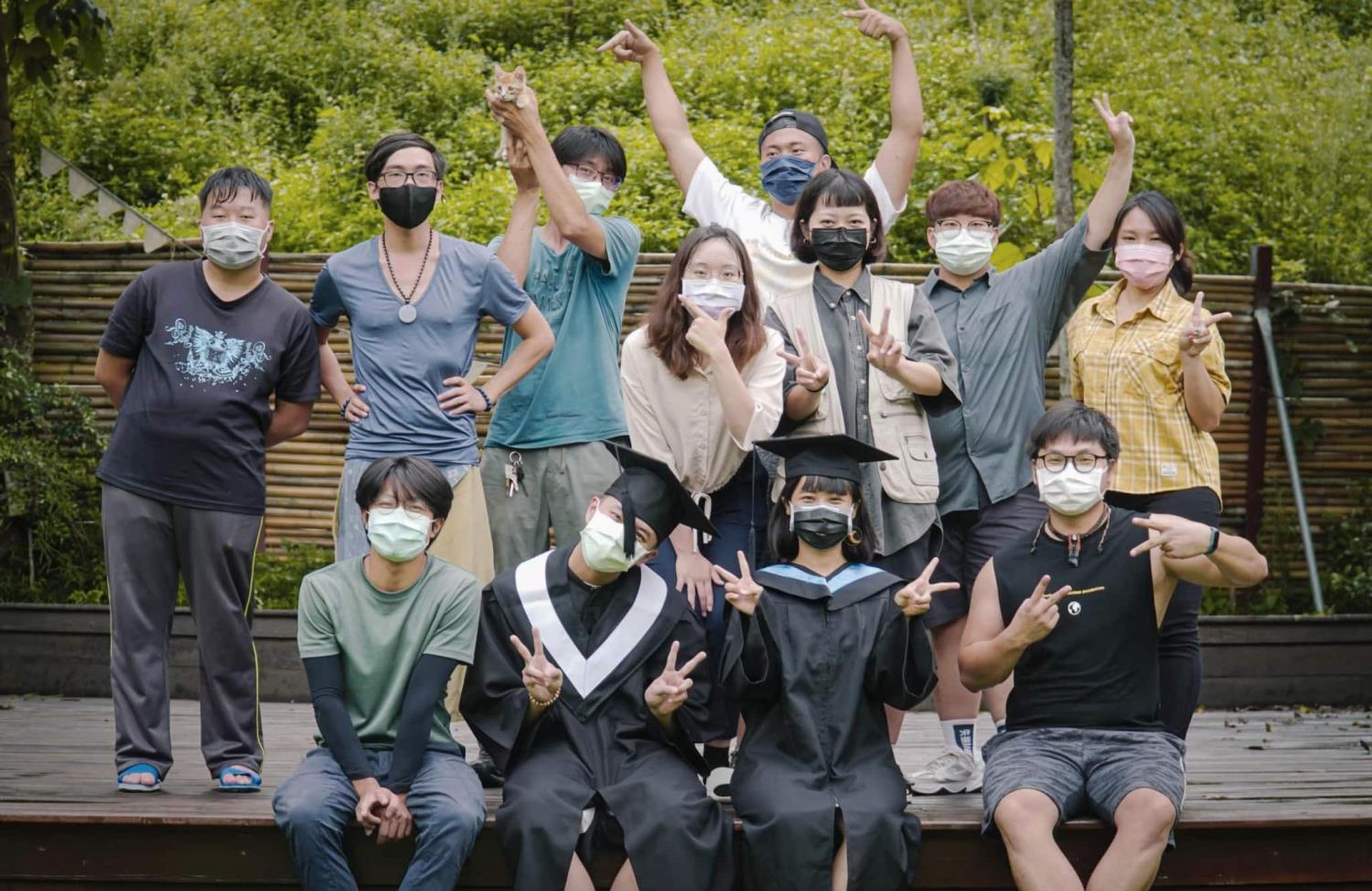
▲A group of young people prove people's values through Timelinker Time Bank (provides by Hsinchu County Cultural and Creative Arts Tourism Development Association).
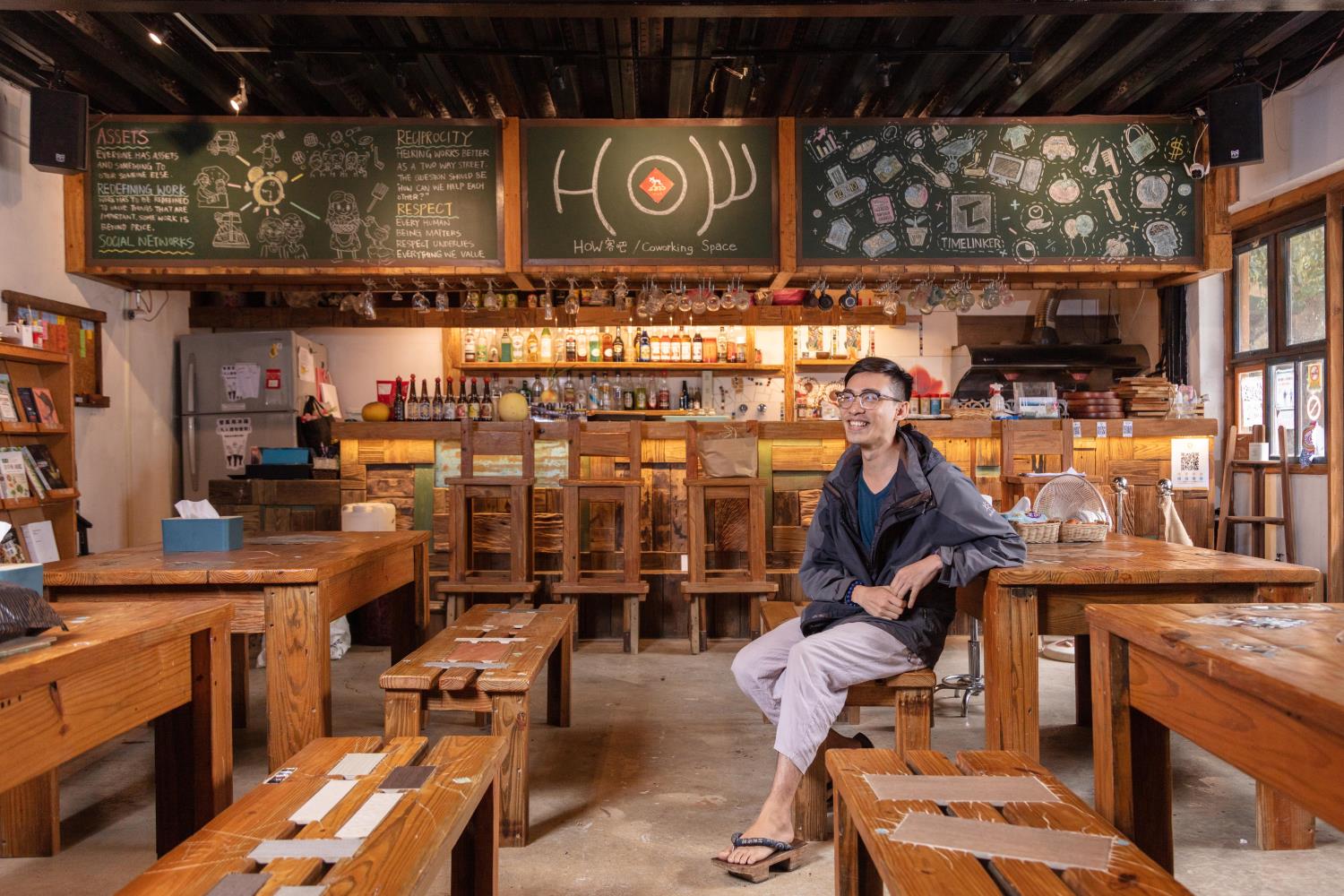
▲"Howkers Bar" is the co-working space in the forest. Mr. Xu, the secretary of the Association, expresses that the place is a café and co-working space during the day, and becomes a night bar on the weekend's night (photo by Lin Ying-cheng).
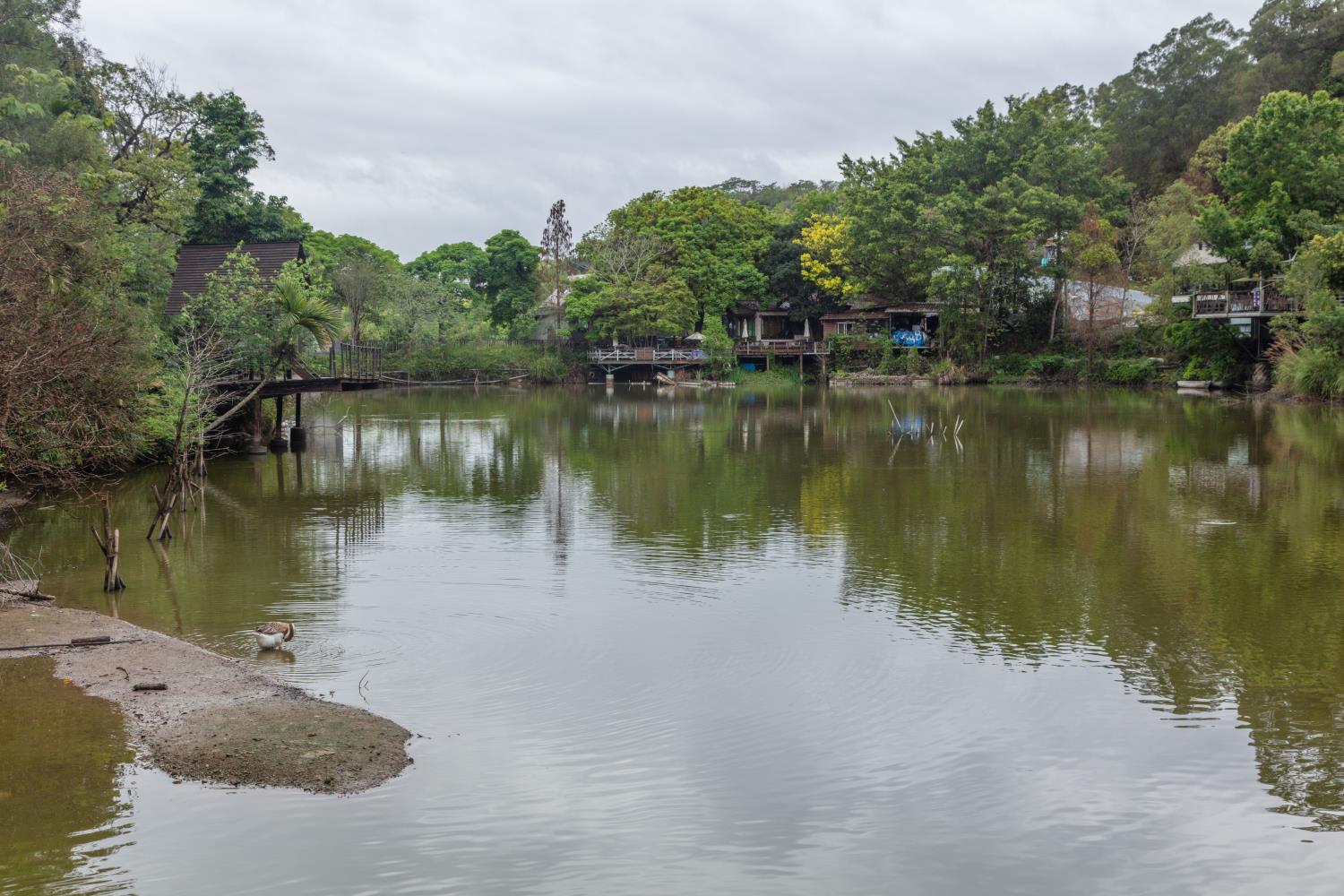
▲Twelve Liao is a suitable place for relaxation (photo by Lin Ying-cheng)
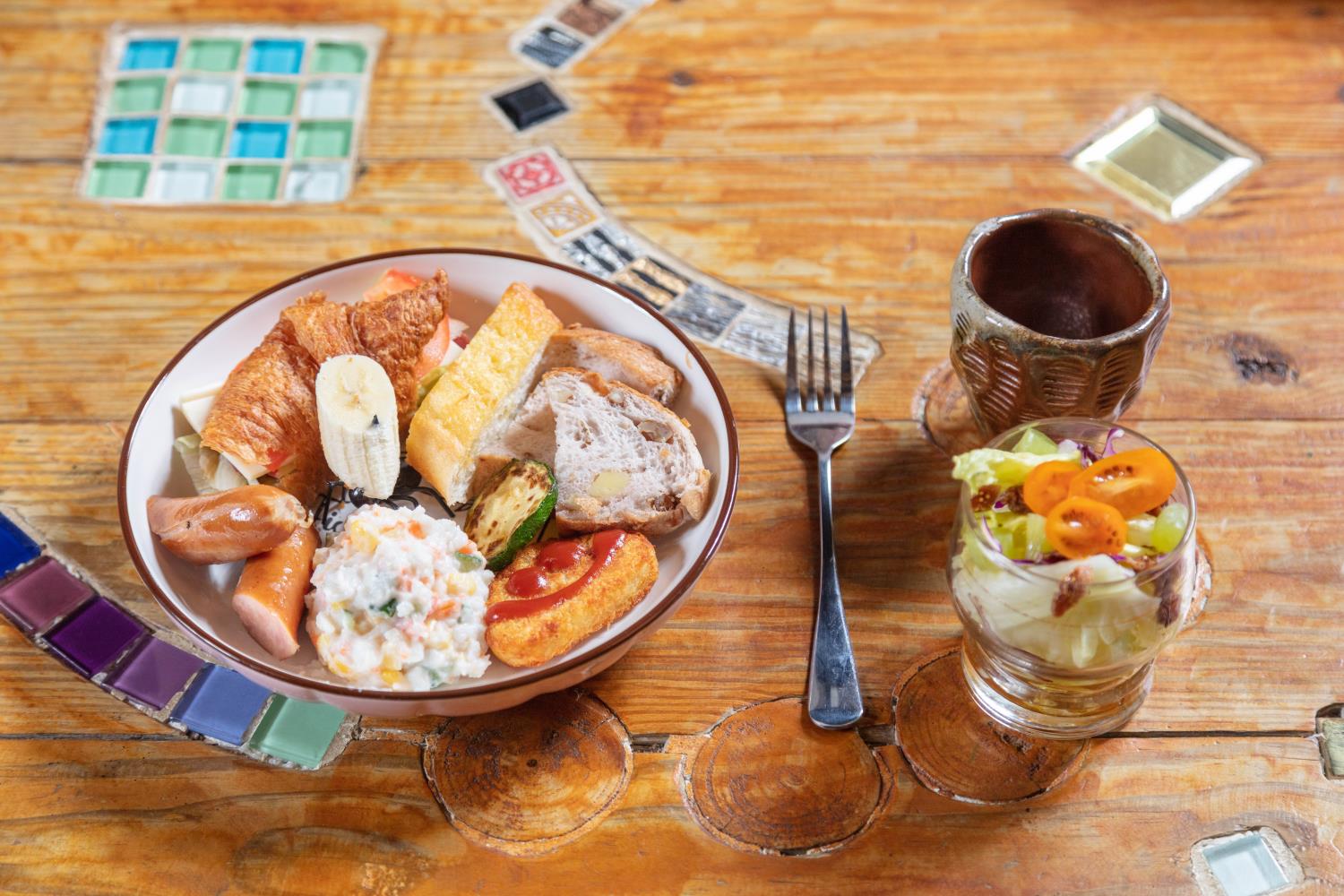
▲Jing Yue Ju, the B&B where the Association operates, is built entirely of recycled materials (photo by Lin Ying-cheng).
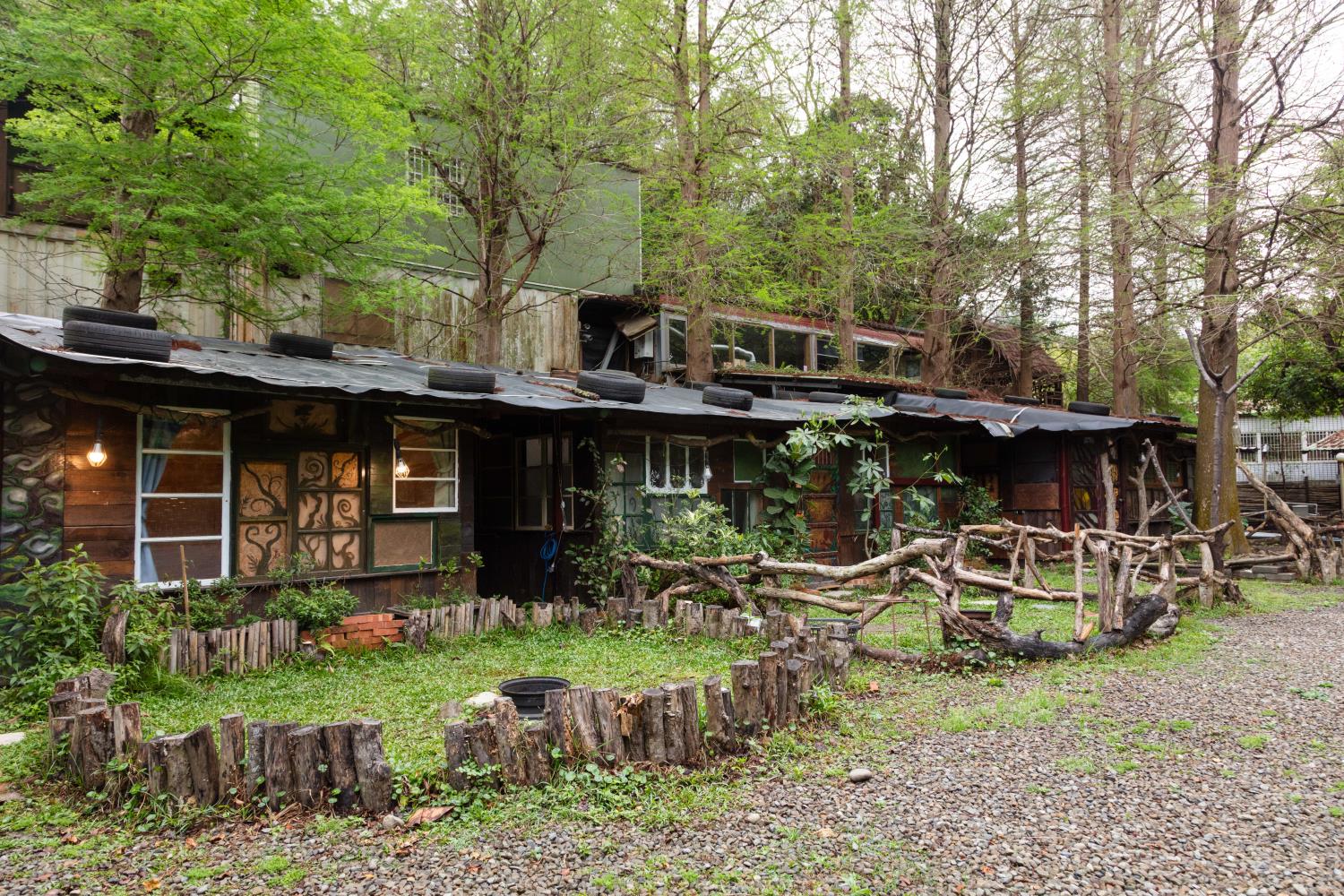
▲The breakfast that Jing Yue Ju provides to the visitors (photo by Lin Ying-cheng)
Case Story: Multi-Employment Promotion and Empowering Employment Program
Interviewee: Hsinchu County Cultural and Creative Arts Tourism Development Association
![]()
This work is licensed under a Creative Commons Attribution-NoDerivatives 4.0 International License.
Please attribute this article to “Workforce Development Agency, Ministry of Labor.”
